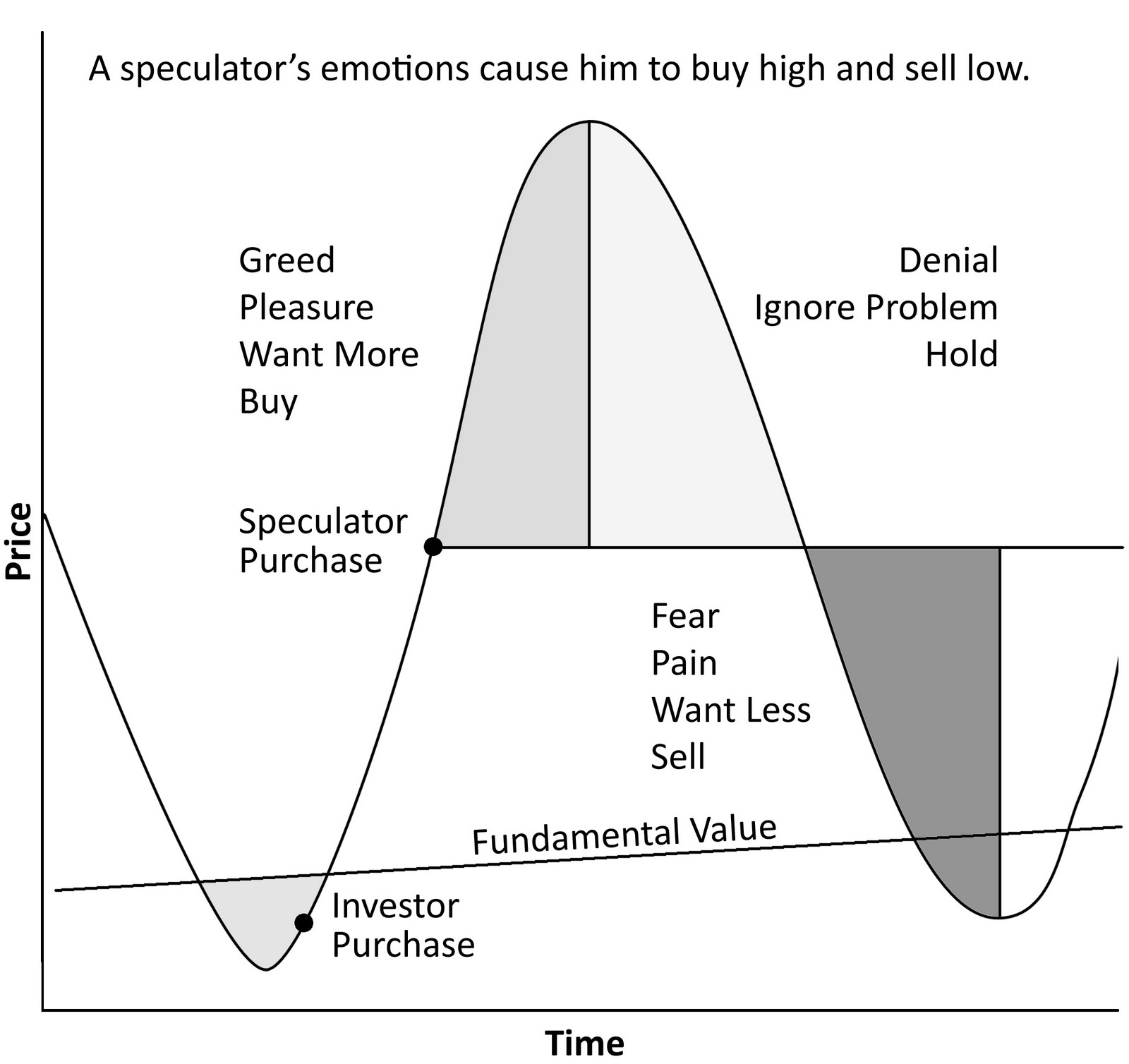Trading is being young, imperfect, and human – not old, exacting, and scientific. It is not a set of techniques, but a commitment. You are to be an information processor. Not a swami. Not a guru. An information processor.
Participating in the markets can only develop your trading skills. You need to become a part of the markets, to know the state of the markets at any given time, and most importantly, to know yourself. You need to be patient, confident, and mentally tough.
Good traders offer no excuses, make no complaints. They live willingly with the vagaries of life and the markets.
In the early stages of your trading career, pay attention not only to whether you should buy or sell but also to how you have executed your trading ideas. You will learn more from your trades this way.
Never assume that the unreasonable or the unexpected cannot happen. It can. It does. It will. (more…)
Latest Posts
rssWhich are the most atheist European countries?

Becoming a Successful Speculator

The capacity for rigorous thought; the flexibility and resilience to adapt to changing circumstances; the love of disciplined risk-taking; the hungry intellect: perhaps successful speculators already display those qualities in other life domains and then learn to apply them to markets.
Top 10 Trading Influences
If New Trader University had a campus this would be the professors:
Dan Zanger is a world record holding trader that taught me to use in the money stock options on the biggest monster stocks to amplify my returns with no added risk at key points. He is the king of chart patterns.
Alexander Elder taught me how the trader’s Mind, Method, and Money Management have to all work together for a trader to be successful.
Michael Covel showed me how the best trend following traders in the world win over the long term by simply following the trend. Finding the big trends is now my focus above all else.
Jesse Livermore knew how to make a fortune in bull and bear markets, in commodities or stocks. His only weakness was the management of the risk of ruin. He made some of the biggest fortunes in the history of trading and also blew up his account more times than other legends.
Nicolas Darvas showed me how to ride monster stocks 100 points farther than anyone else seemed to believe they could go. His lessons also showed me how to miss bear market draw downs.
Van Tharp‘s marble game on how to manage the risk of ruin was a game changer for me. Managing risk is really what determines a trader’s long term survival not stock picking.
William O’Neil showed me how to pick the real winning stocks based on historical models not opinions. He has studied what has really made money in the stock market historically better than anyone else I know. I get my stock watch list from his publication Investor’s Business Daily’s IBD 50.
Ed Seykota is truly a master trader and he has the returns to prove it. Mr. Seykota believes that a trader’s psychology determines a trader’s success more than any other factor. I believe him.
Jack Schwager wrote “Market Wizards” and really got into the specific nuts and bolts of what makes them win.
Paul Tudor Jones I have picked up a lot of trading wisdom form his documentary, quotes, and interview. He is truly one of the greatest traders of our time.
If you decide to study these great traders keep what actually makes you money in the long term and discard what does not.
Successful People -Unsuccessful People

Rules of Trade
Never Mix Disciplines. If you day trade then day trade and do not let a day trade turn into a swing trade. If you swing trade do not let your swing trade turn into an investment. Follow the rules based on the discipline of your time frame. Never Try To Trade Back A loser. In other words, each trade is a new one and should not be used to win back money lost in the last trade. Always trade in the present not in the past where too many emotional and psychology factors can affect the current trade. Revenge does not pay in or out of the market. |
Public Education

"Think of it as a market correction"

Aging and the Economy: The Japanese Experience
Central Bank Balance Sheet as % of GDP …well done Japan …Keep it up


 Trading is being young, imperfect, and human – not old, exacting, and scientific. It is not a set of techniques, but a commitment. You are to be an information processor. Not a swami. Not a guru. An information processor.
Trading is being young, imperfect, and human – not old, exacting, and scientific. It is not a set of techniques, but a commitment. You are to be an information processor. Not a swami. Not a guru. An information processor.